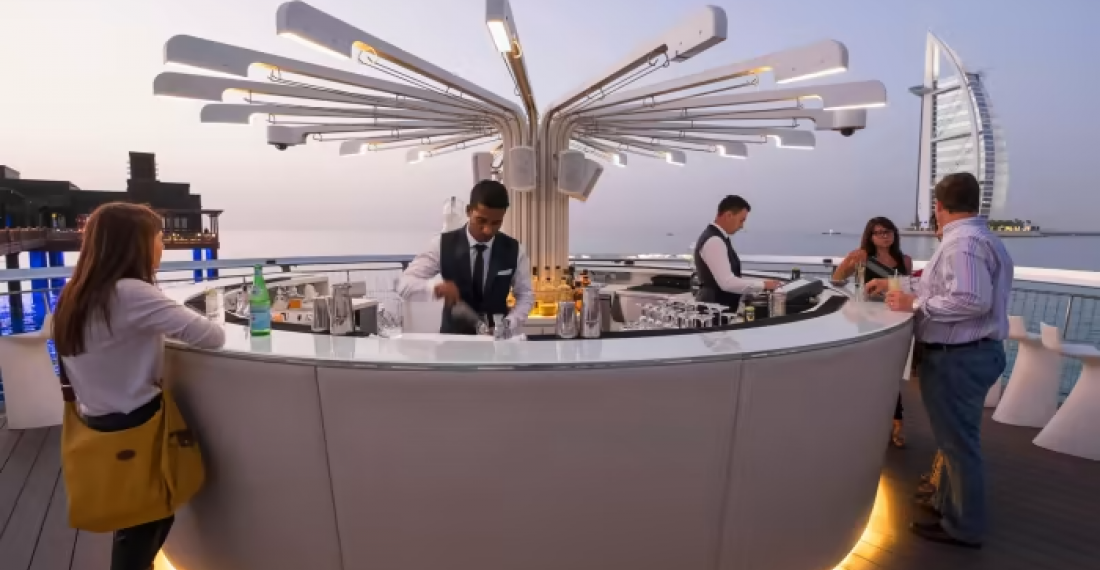The UAE emirate of Dubai has announced that it has scrapped the 30% tax on alcohol, and will no longer charge for personal alcohol licences.
Known as the Gulf's "party capital", where expatriates outnumber nationals by nine to one, Dubai has historically been more attractive to tourists and wealthy foreign workers than its neighbours, partially because of its tolerance of a more liberal lifestyle.
Despite this, the high alcohol tax had led to residents often driving to Umm al-Quwain and other emirates to buy alcohol in bulk.
Scrapping the 30% tax is thought to be a move to make the city more attractive to foreigners, and is reflective of wider reforms and changes occurring across the whole Arabian peninsula. Dubai in particular has been relaxing alcohol laws for some time, both allowing the sale of alcohol in daylight during Ramadan in 2016, and approving home alcohol deliveries during the COVID-19 pandemic.
The two state-linked companies that distribute alcohol in Dubai, MMI and African & Eastern, have duly announced that they will reflect the 30% tax cut in their prices for consumers.
In a similar vein, the new year will also see Dubai stop charging for personal alcohol licences. Although bars and nightclubs rarely ask to see them, these plastic cards, which are issued by the police, are a legal requirement to drink, transport, and store alcohol, including in private residences. Those consuming alcohol without it can risk fines or arrest.
It is not yet clear if the changes will be permanent, with the Financial Times describing the move as a one-year trial.
The age limit on the purchase and consumption of alcohol in Dubai will remain unchanged at 21 years old.






